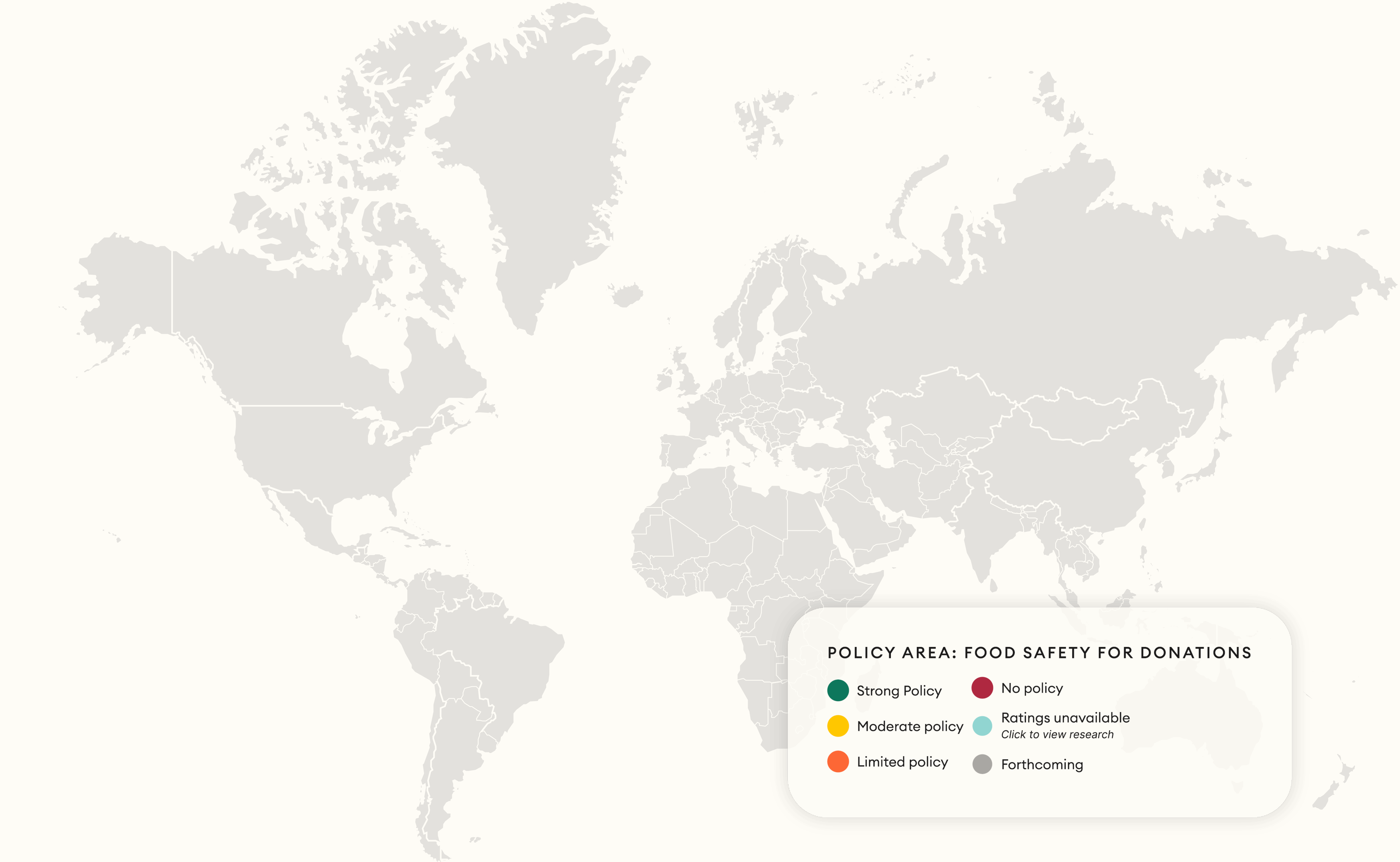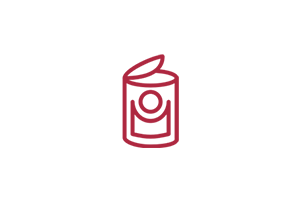South Africa: Policy Highlights and Opportunities
Each year, approximately 10 million tons of food is either lost or wasted along the supply chain in South Africa. At the same time, an estimated 20% of the population was food insecure prior to the novel coronavirus (COVID-19) pandemic.
Atlas Research: South Africa
Policy Highlights
South Africa research was published in April 2021 and was made possible with the advice and support of our on-site partners, including FoodForward South Africa.
Policy Opportunities and Recommendations




